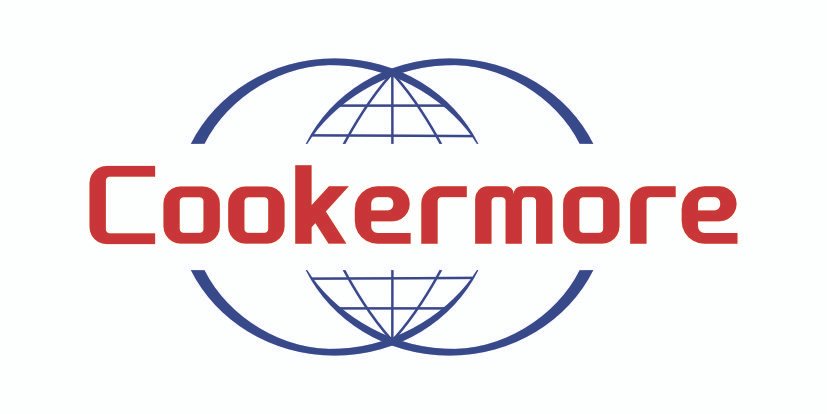As the global economic landscape evolves and consumer behaviors advance, the home appliance industry faces unprecedented challenges and opportunities in 2024. Key factors driving industry growth include technological innovation, environmental sustainability, and the diversification of consumer demands. In this context, home appliance businesses are undergoing a transformation from traditional manufacturing to being driven by technology and services, with user needs at the core as a decisive factor in market success.
Diversification and Personalization of User Needs
In 2024, consumer demand for home appliances extends beyond basic functionalities to emphasize how products can integrate into and enhance their lifestyle. Consequently, home appliances are becoming increasingly intelligent and personalized. The proliferation of smart home devices means that appliances must not only be operational but also smart and interactive, anticipating user needs and automatically adjusting settings to deliver the optimal user experience.
For instance, smart washing machines can automatically select the washing program based on fabric type and color, while smart refrigerators monitor the storage status of food and use mobile apps to alert users about expiring items, simultaneously suggesting recipes to reduce food waste.
Technological Innovation Drives Sustainability
Faced with the challenges of global climate change, the home appliance industry has increased its investment in environmentally friendly technologies in 2024. The latest generation of home appliances features efficient energy management systems that reduce power consumption and environmental impact. Moreover, more appliances are being made from recyclable materials and biobased plastics to decrease carbon footprints.
Appliance companies are also enhancing their recycling and reuse efforts, launching new programs that encourage consumers to recycle old appliances, allowing for more environmentally friendly disposal and reuse of components and materials.
Customer Relations and Service Innovation
To better serve consumers in 2024, home appliance companies have strengthened interactions with customers, utilizing big data and AI technologies to analyze consumer behavior and provide more personalized services. By establishing online platforms and apps, companies enable consumers to remotely control their home appliances and receive maintenance updates in real-time, thereby enhancing user satisfaction and brand loyalty.
Additionally, manufacturers are exploring new business models, such as bundling products with services to offer one-stop solutions that include installation, repair, and upgrades, enhancing the user experience.
Conclusion
The transformation of the home appliance industry in 2024 and beyond will be fundamentally driven by technology and a user-first approach. With continuous advancements in artificial intelligence, the Internet of Things, and sustainable technologies, we can anticipate that home appliances will evolve to be smarter, more environmentally friendly, and highly personalized. For appliance companies, this means not only ongoing innovation in technology but also a keen insight into market trends and consumer demands to maintain a competitive edge in a fiercely competitive market.
In sum, the development of the home appliance industry in 2024 is full of challenges and opportunities. Facing the dual drivers of technological progress and market demand, appliance companies are continually innovating and closely listening to user needs, constantly adjusting and optimizing their products and services. All these efforts aim to enhance the quality of life globally and drive the industry to higher levels of development.







